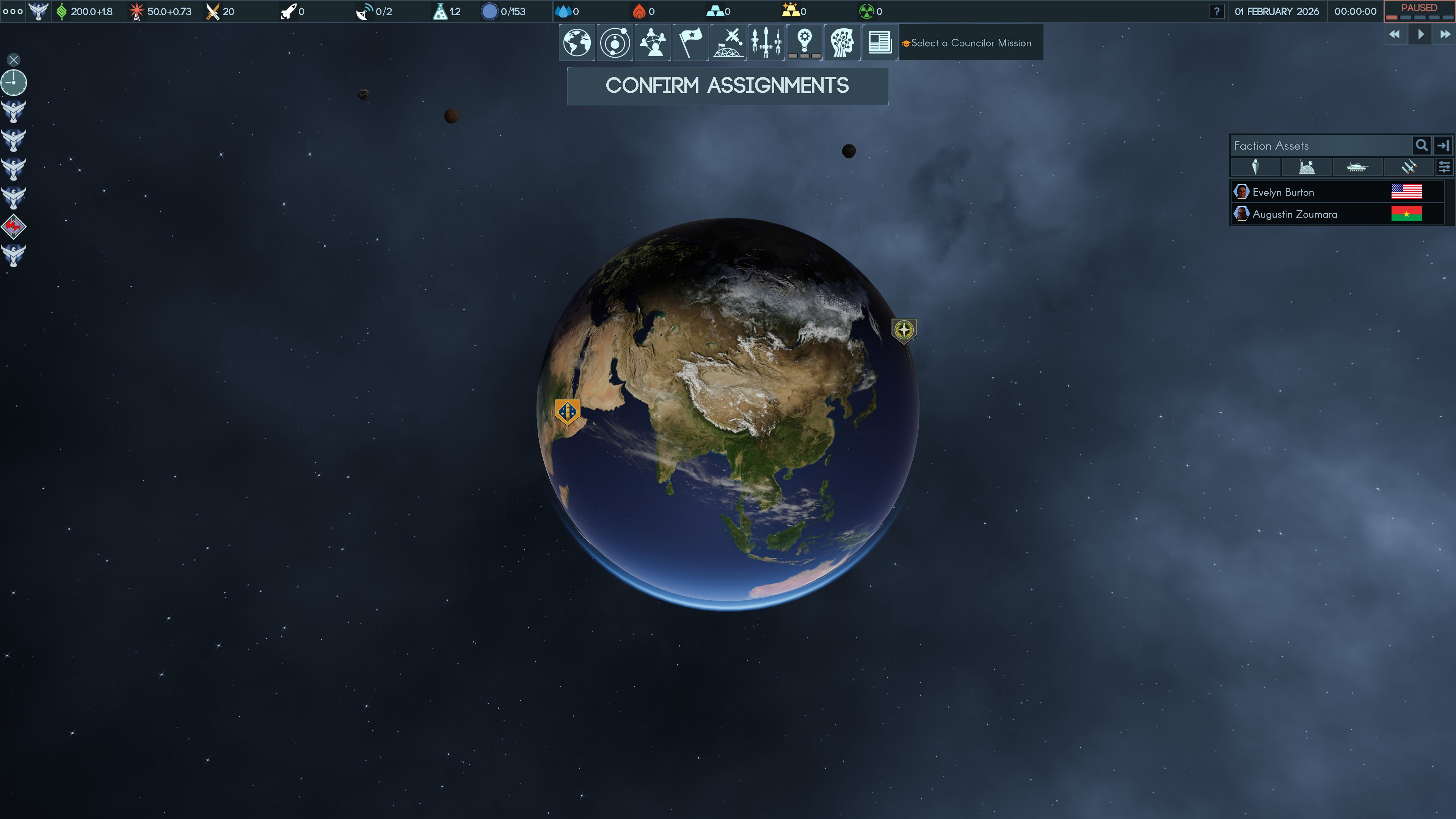In just 2 hours, If On a Winter's Night, Four Travelers tells one of the best adventure game stories I've ever played
Don't miss one of 2021's best games—it's free on Steam and Itch.io.
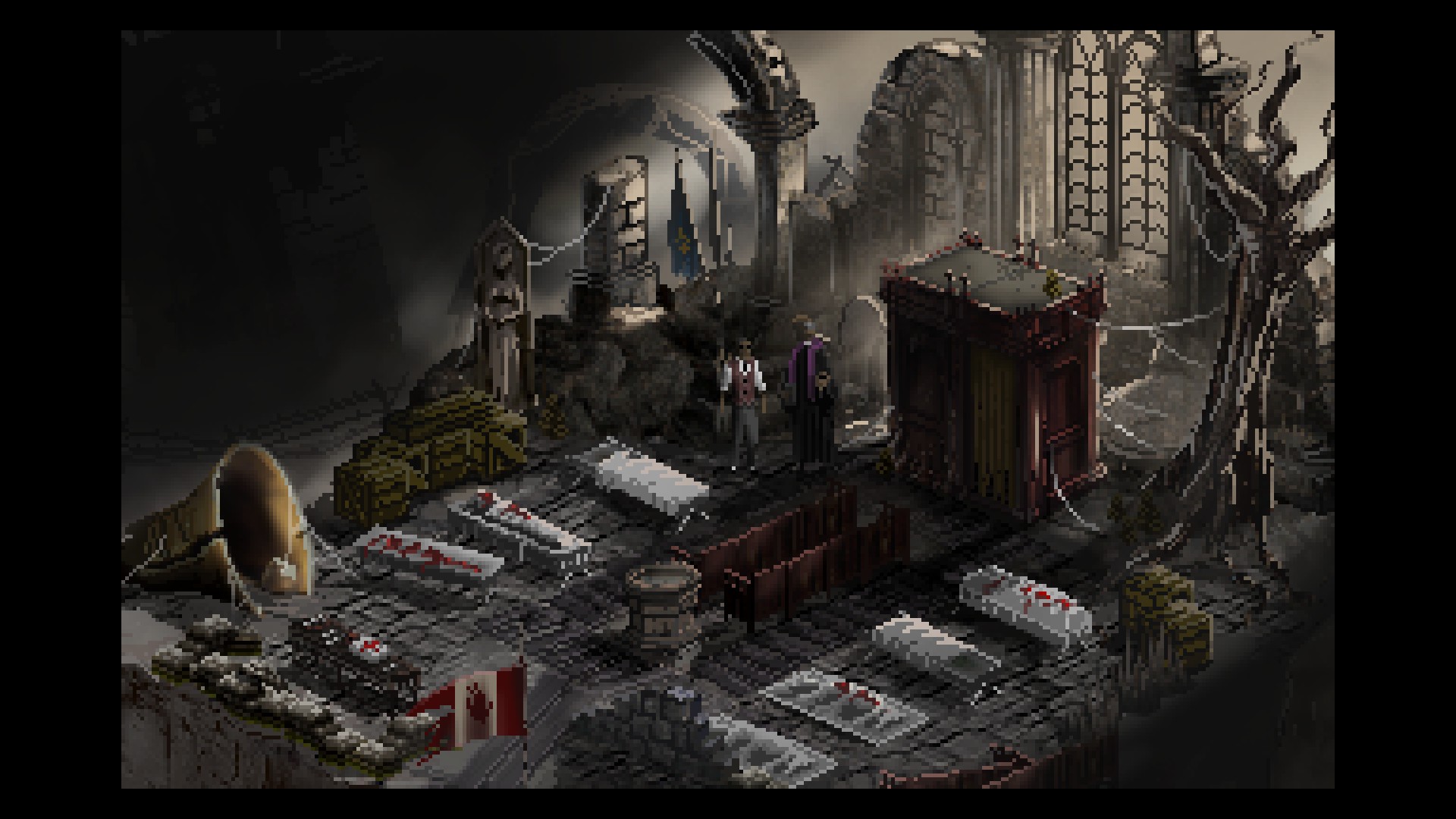
One of my favorite games of 2021 was completely and utterly free, took five minutes to install, and less than 2 hours to finish even when I purposefully took my time walking around and clicking on everything a dozen times. And yet it was one of the most enriching story-driven experiences I’ve had the pleasure of playing, wrapped up in a point-and-click adventure of remarkable depth. I’m talking about If On A Winter’s Night… Four Travelers made by Laura Hunt and Thomas Möhring under the banner of Dead Idle Games.
Like its literary namesake, a story by Italian author Italo Calvino, If On A Winter’s Night… is a narrative experiment that delves into the art of storytelling. There are four chapters: The Silent Room, The Slow Vanishing of Lady Winterbourne, The Nameless Ritual, and finally, If On A Winter’s Night. It’s a snowy night in 1929 somewhere in Central Asia, and we lay our scene in an ornate steam train—not unlike the famed Orient Express—which seems to be hosting a masked party. Several newly arrived passengers are disoriented and unsure of how they got there, and the game begins as each tries to recall what they were doing before the train.
It’s a masterful blend of existential horror and mystery that wields its compact, pixelated form like a weapon, weaving together these short disparate stories into a cohesive whole.
From a small shift in a painting in a hotel room in The Silent Room, to the minutiae of the drowned library in The Nameless Ritual, this game does not skimp on details. It’s a sensory feast for historical drama and psychological horror lovers, while also brutally digging into painful themes: suicide, depression, and homophobia. When I was replaying the first chapter that concerns an affair between two men, despite knowing that all roads lead to the same end, exploring each of the dialogue options was still devastating.
The soundtrack deserves a special mention. A beautifully curated collection of classical music (Satie, Verdi, Dvorak), Irving Berlin tunes, and Hunt’s wonderful sound design all bring each chapter to life in vivid historical detail, particularly The Vanishing of Lady Winterbourne. It’s an especially aurally-driven chapter that explores memory and grief where, in a fading, silent old mansion, the mere presence of a gramophone takes on enormous meaning.
Combined with Möhring’s meticulous animations, Lady Winterbourne’s sprite becomes more than a simple clutch of pixels on the screen, but the living, feeling embodiment of nostalgia.
It shouldn’t be groundbreaking to talk about the power of short games, but in an industry where success is largely defined by ongoing service MMOs and blockbusters that can take 100 hours to complete, length and “more bang for your buck” is often considered the mark of a “worthy” game. A short game like If On A Winter’s Night… is proof that you don’t need dozens of hours to build gorgeous atmosphere and tell a killer story, and that the old-school Adventure Game Studio engine remains an invaluable free tool. It's been used to create some of my favorite adventure games ever in the past decade, including Wadjet Eye's Technobabylon.
Keep up to date with the most important stories and the best deals, as picked by the PC Gamer team.
Hunt and Möhring have created something truly special here, and it frustrates me to no end that the game was free because I literally want to throw money at it like a Futurama meme (there is a small DLC supporters bundle for $3.99, at least). If On A Winter’s Night… elevates the art of storytelling in a genre that's already rife with great stories.
While revisiting the game to write this, I realized that If On A Winter’s Night… has been resoundingly important to my experience of 2021, perhaps because of this moving essay by Edwin Evans-Thirlwell about playing games as an act of care. "I try to frame each scene as it should be framed, and explore at a speed that lets the ambient detail flourish," he writes of playing an unfinished game in front of its creator. "I try to behave as my character would behave, and give due reverence to incidental dialogue rather than hurrying through to an event trigger."
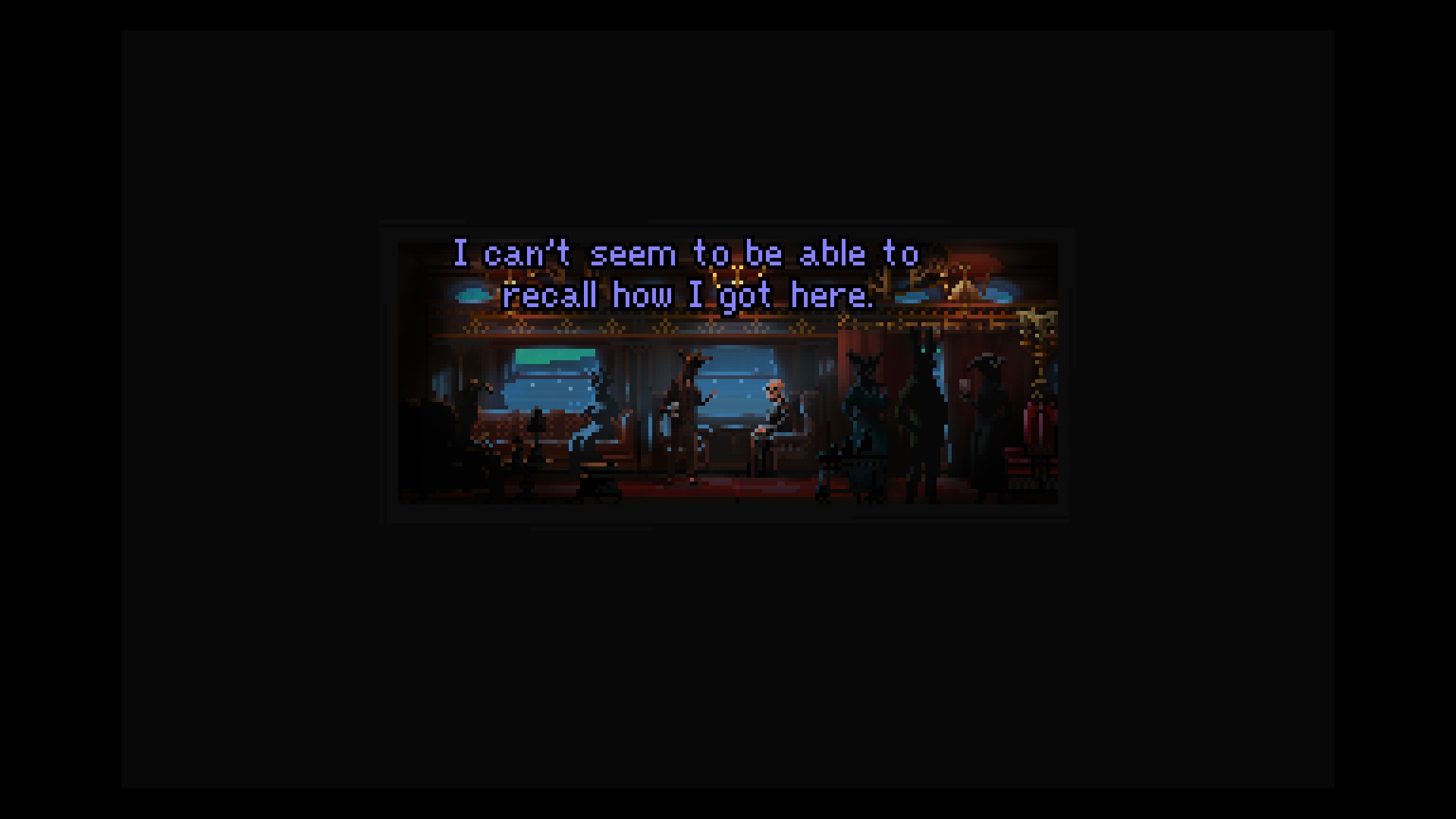
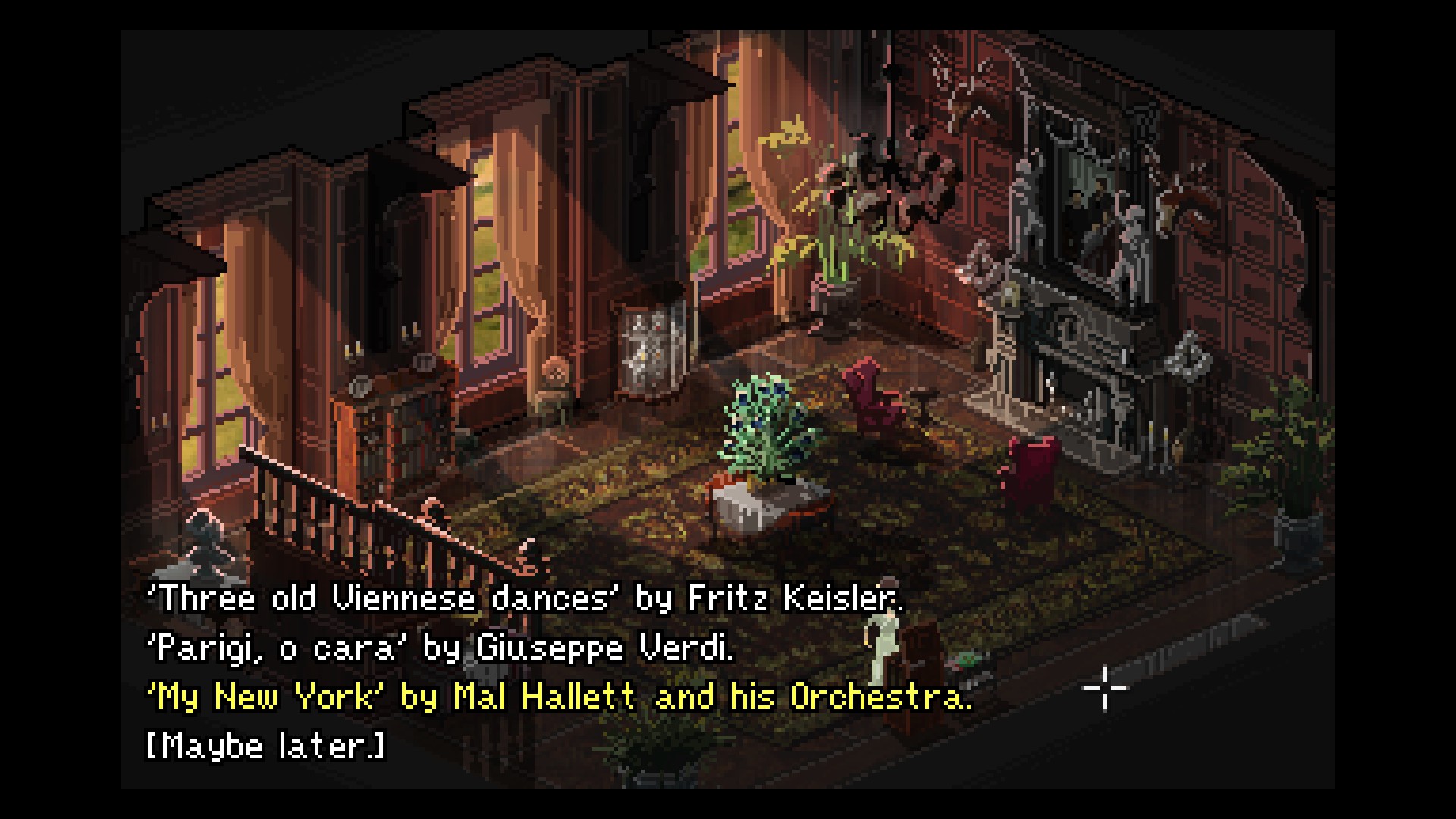
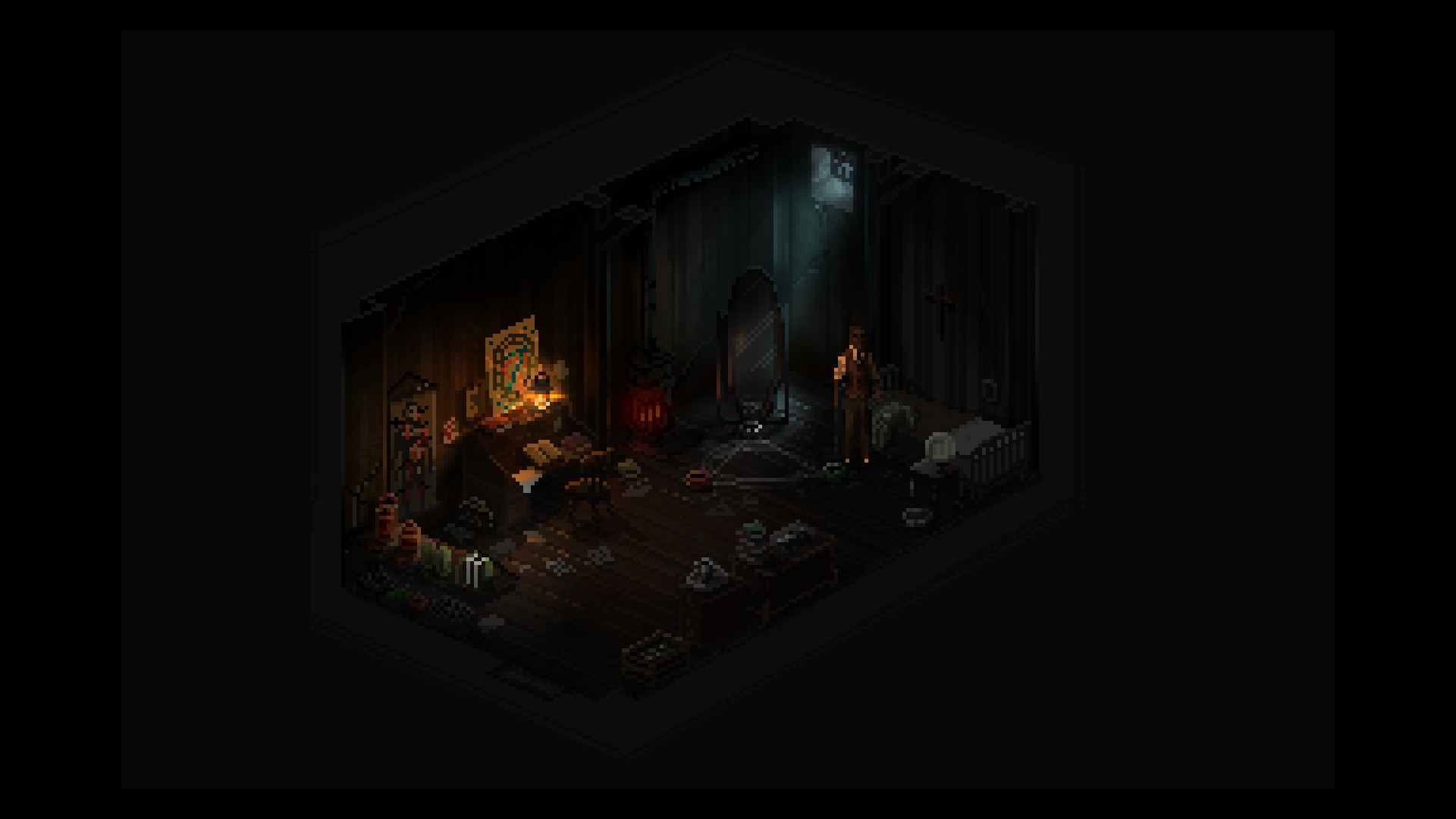
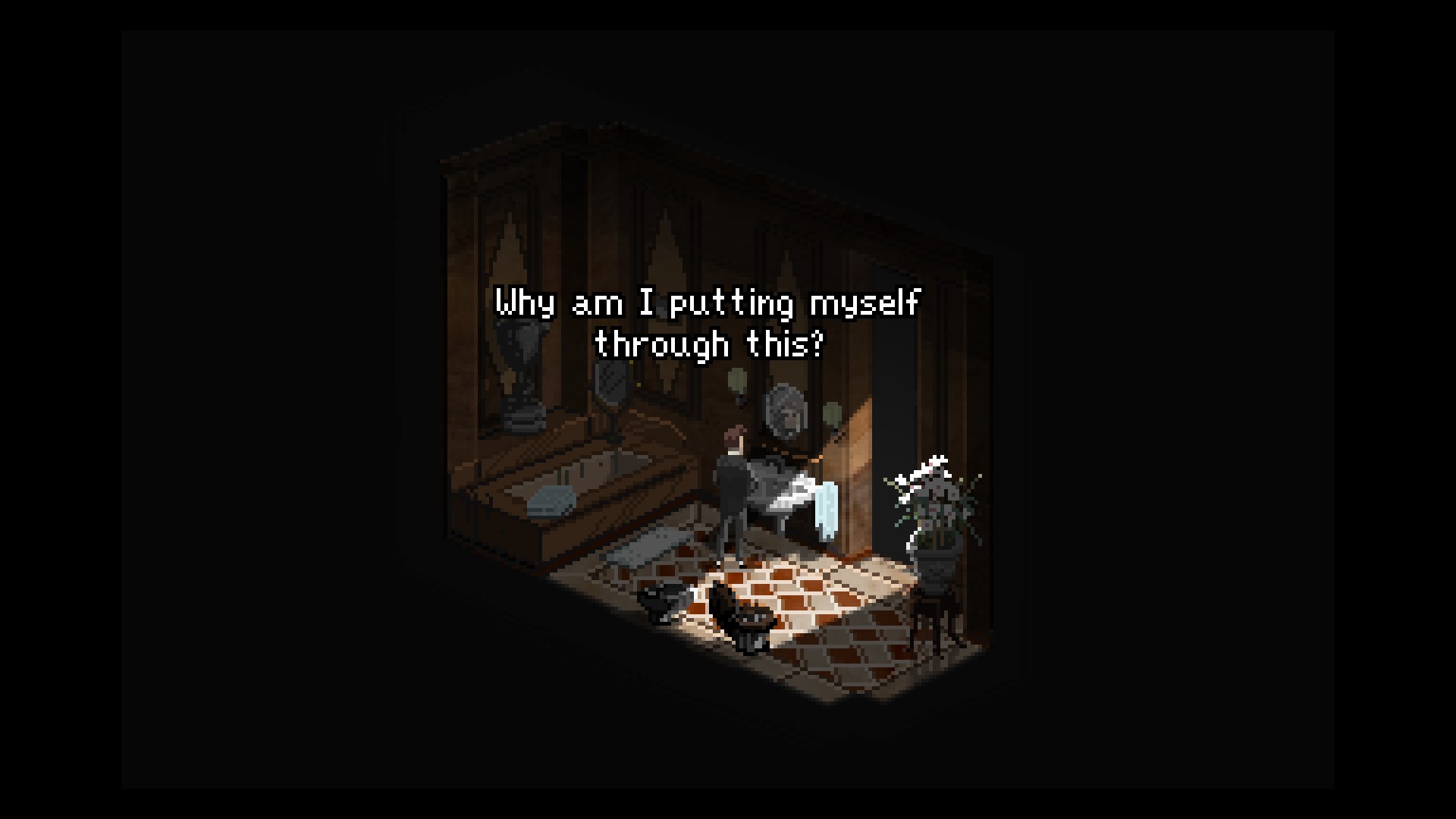
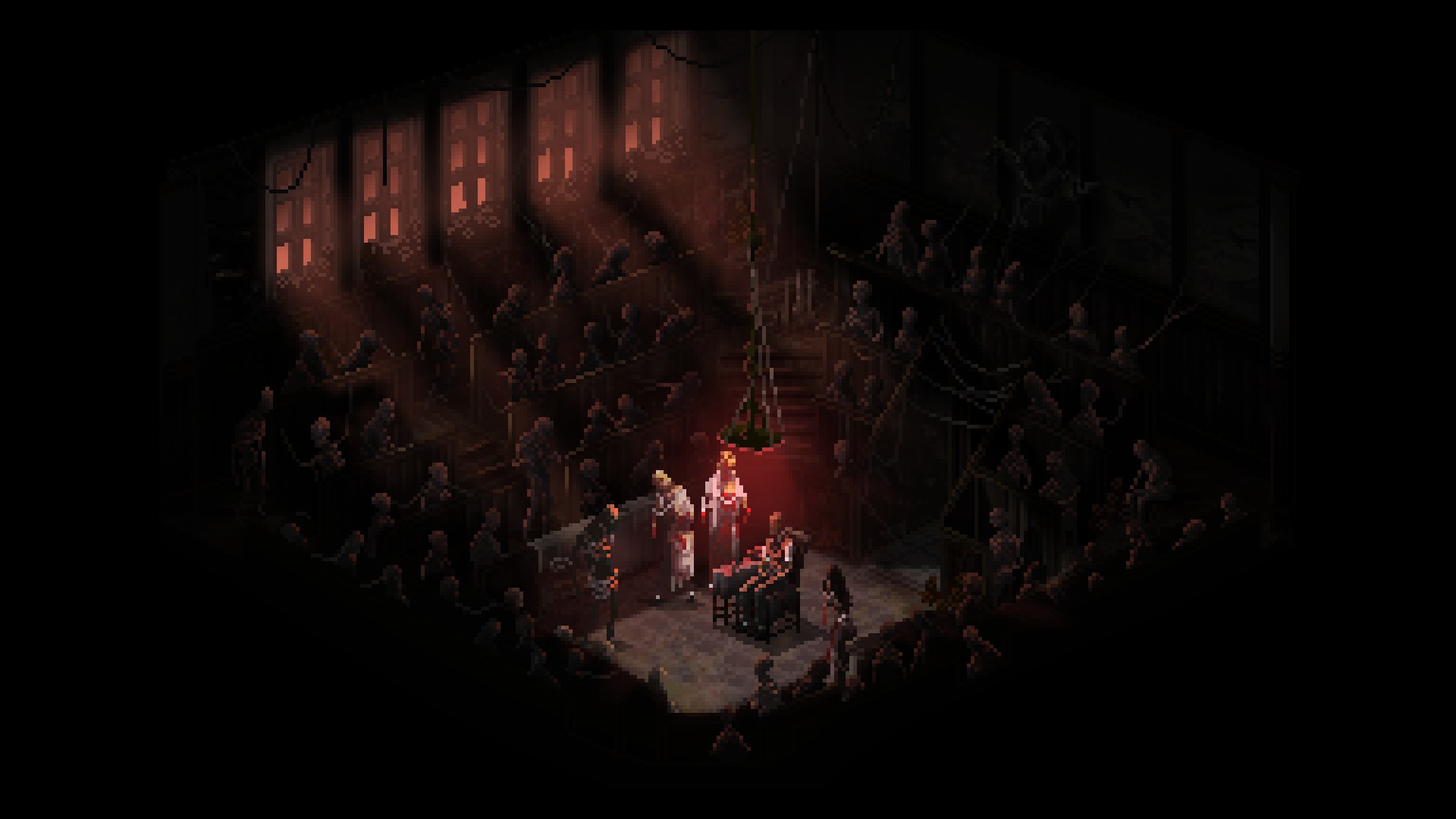
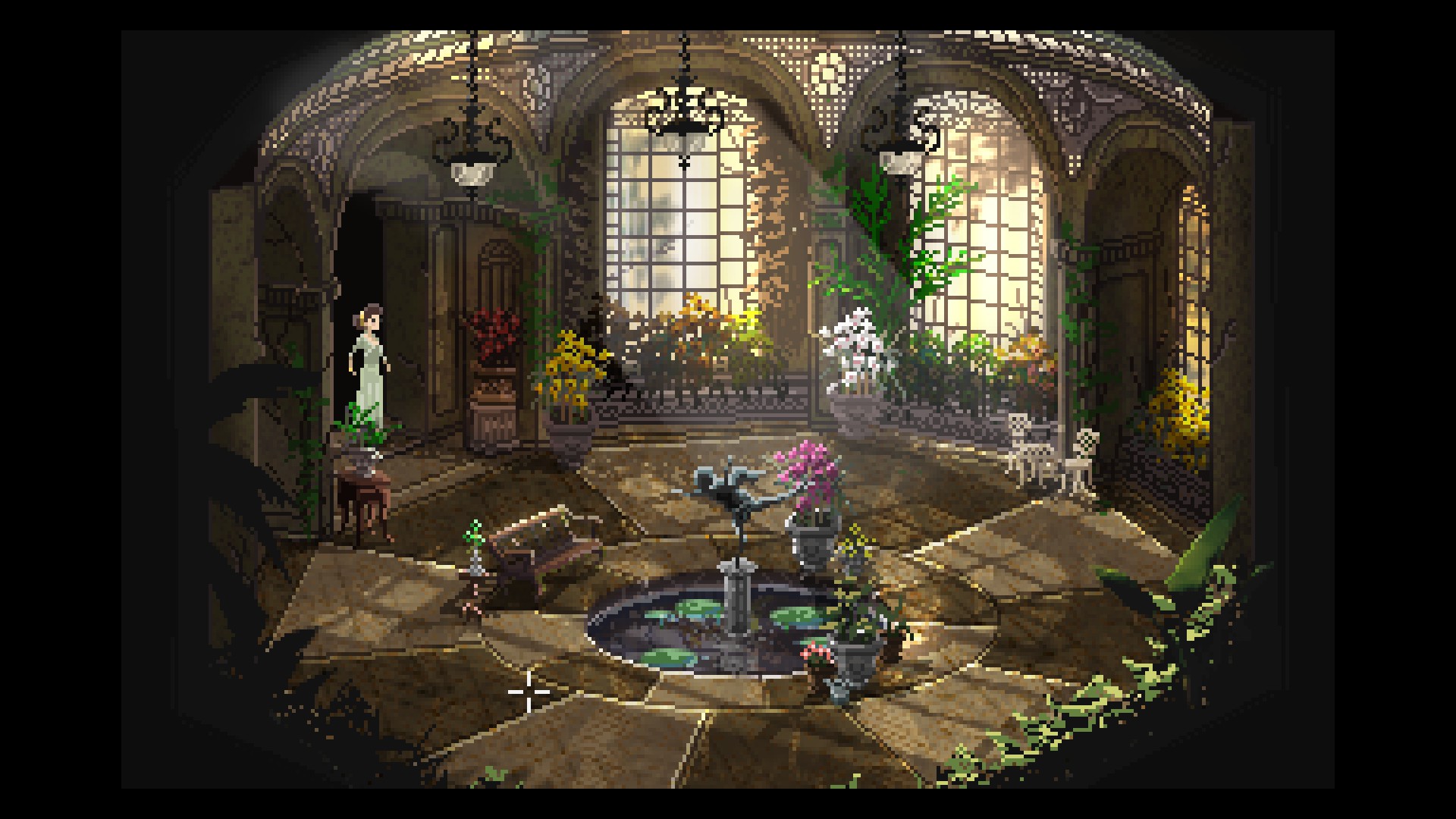
Playing alone, I poured myself into the cadence of each scene—the agonized mincing steps of the frail Lady Winterbourne, Carlo’s measured, resigned pace as he edges closer to an inevitable outcome. Hunt and Möhring obviously weren’t there to watch me (thank god), but one of the most striking things about If On A Winter’s Night… is how it commands a full mental and emotional buy-in.
While I didn’t play this game in service of others, nor would I go so far as to dress playing it up as an act of self-care, it was easy to fall into its microcosmic chapters and feel like I was part of something both warm and intimate, as well as vast and universal. This is a game that you play for no one but yourself. If I were to go as far as to name something a Game of the Year—an arbitrary title that often says more about the nominators than the game itself—If On A Winter’s Night might just be it.

Alexis Ong is a freelance culture journalist based in Singapore, mostly focused on games, science fiction, weird tech, and internet culture. For PC Gamer Alexis has flexed her skills in internet archeology by profiling the original streamer and taking us back to 1997's groundbreaking all-women Quake tournament. When she can get away with it she spends her days writing about FMV games and point-and-click adventures, somehow ranking every single Sierra adventure and living to tell the tale.
In past lives Alexis has been a music journalist, a West Hollywood gym owner, and a professional TV watcher. You can find her work on other sites including The Verge, The Washington Post, Eurogamer and Tor.

